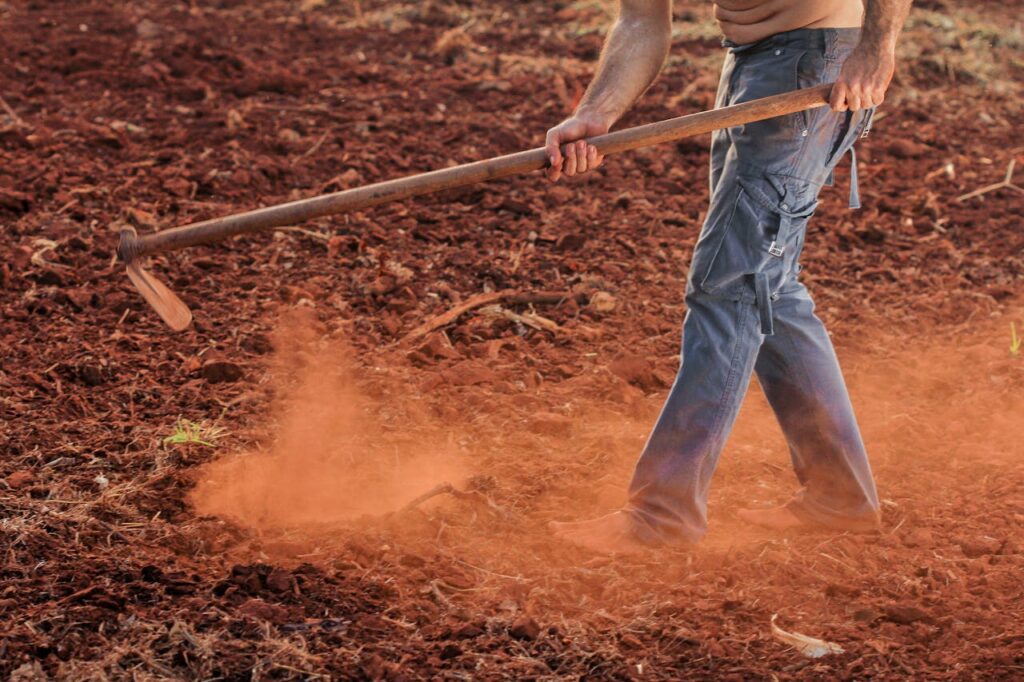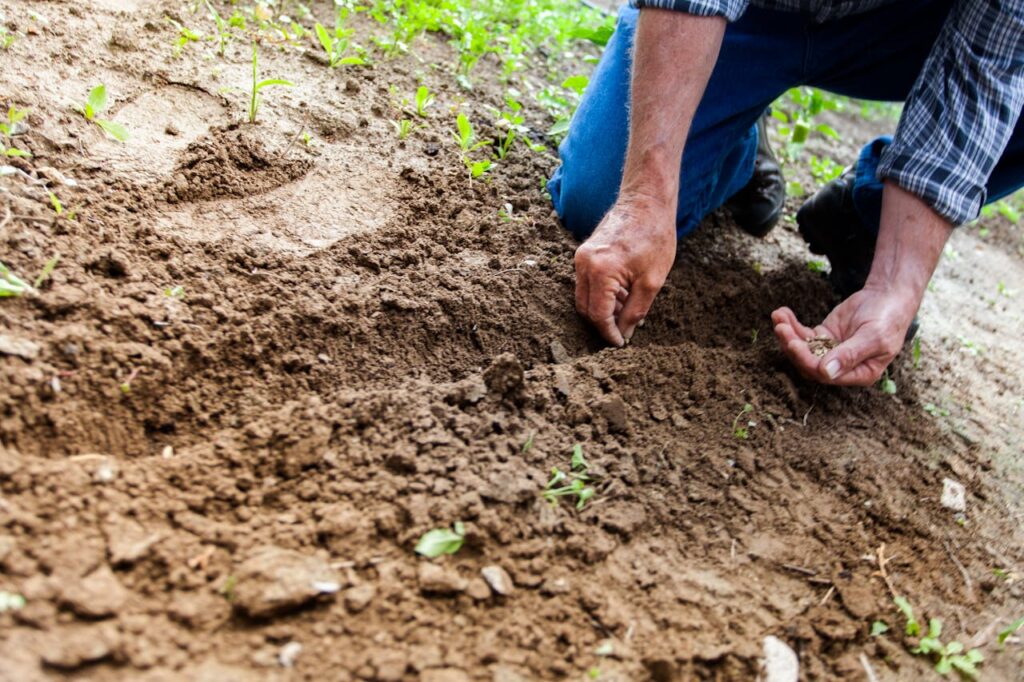Agriculture is the backbone of India’s economy, providing livelihoods to millions and ensuring food security for the nation. However, traditional farming methods face numerous challenges, including resource inefficiency, low productivity, and environmental degradation. Precision agriculture offers a promising solution by leveraging technology to optimize farming practices. This article explores the concept of precision agriculture, its benefits, applications, and its potential to revolutionize farming for Indian farmers.

Understanding Precision Agriculture
Precision agriculture involves the use of advanced technologies such as GPS, sensors, drones, and data analytics to manage farming practices with greater accuracy and efficiency. The goal is to ensure that crops and soil receive exactly what they need for optimal health and productivity, minimizing waste and environmental impact.

Benefits of Precision Agriculture
Resource Efficiency: Precision agriculture allows for precise application of water, fertilizers, and pesticides, reducing wastage and lowering costs. This is particularly important in water-scarce regions of India.
Increased Productivity: By providing plants with the optimal conditions for growth, precision agriculture can significantly increase crop yields, ensuring better returns for farmers.
Environmental Sustainability: Reduced use of chemicals and efficient water management lead to lower environmental impact, promoting sustainable farming practices.
Cost Savings: Precision farming reduces the need for inputs and labor, leading to significant cost savings over time.
Real-time Monitoring: Continuous monitoring of crop health and soil conditions allows for timely interventions, preventing crop losses and improving overall farm management.

Key Technologies in Precision Agriculture
GPS and GIS Mapping: GPS technology helps in accurate mapping of fields and tracking the location of machinery. GIS (Geographic Information Systems) integrates various data sources to create detailed maps for better decision-making.
Soil Sensors: Sensors placed in fields measure soil moisture, temperature, and nutrient levels, providing real-time data that helps in precise irrigation and fertilization.
Drones: Drones equipped with cameras and sensors can survey large areas quickly, capturing detailed images that reveal plant health, pest infestations, and other critical factors.
Variable Rate Technology (VRT): VRT allows for the variable application of inputs like seeds, fertilizers, and pesticides based on the specific needs of different areas within a field.
Data Analytics: Advanced data analytics tools process the data collected from various sensors and devices, providing actionable insights for farmers to optimize their practices.

Applications of Precision Agriculture in India
Irrigation Management: Precision agriculture enables efficient water use by monitoring soil moisture levels and weather conditions. Smart irrigation systems deliver water directly to the roots, reducing wastage and ensuring crops receive the right amount of water.
Nutrient Management: Soil sensors and data analytics help determine the precise nutrient requirements of crops. This ensures that fertilizers are applied in the right quantities, improving crop health and reducing environmental impact.
Pest and Disease Control: Drones and sensors can detect early signs of pest infestations and diseases, allowing for targeted interventions. This reduces the reliance on chemical pesticides and promotes healthier crops.
Crop Monitoring: Real-time monitoring of crop health through drones and sensors provides valuable insights into plant growth and development. Farmers can take timely actions to address any issues, ensuring better yields.
Harvesting Optimization: Precision agriculture technologies help determine the optimal time for harvesting, ensuring that crops are picked at their peak quality and reducing post-harvest losses.

Challenges and Solutions
While precision agriculture holds great promise, several challenges need to be addressed for widespread adoption in India:
High Initial Costs: The cost of precision agriculture technologies can be high, making them inaccessible to small and marginal farmers. Government subsidies, financial incentives, and cooperative farming models can help mitigate this barrier.
Lack of Awareness and Training: Many farmers are unaware of the benefits of precision agriculture and lack the skills to operate these technologies. Training programs and awareness campaigns are essential to bridge this knowledge gap.
Infrastructure and Connectivity: Reliable internet connectivity and power supply are crucial for the operation of precision agriculture systems. Investments in rural infrastructure can support the adoption of these technologies.
Data Management: Effective data collection, storage, and analysis are critical for precision agriculture. Developing robust data management systems and ensuring data privacy and security are essential.

Conclusion
Precision agriculture offers a transformative approach to farming, addressing many of the challenges faced by Indian agriculture today. By adopting these technologies, Indian farmers can enhance their productivity, reduce costs, and promote environmental sustainability. As the government and private sector invest in research, development, and training, the adoption of precision agriculture will become more accessible, paving the way for a prosperous and sustainable future for Indian farming.
For Indian farmers, the journey towards precision agriculture is not just about adopting new technologies but also about embracing a mindset of innovation and sustainability. The potential of precision agriculture is immense, and with the right support and resources, it can lead to a new era of growth and prosperity for the Indian farming community.